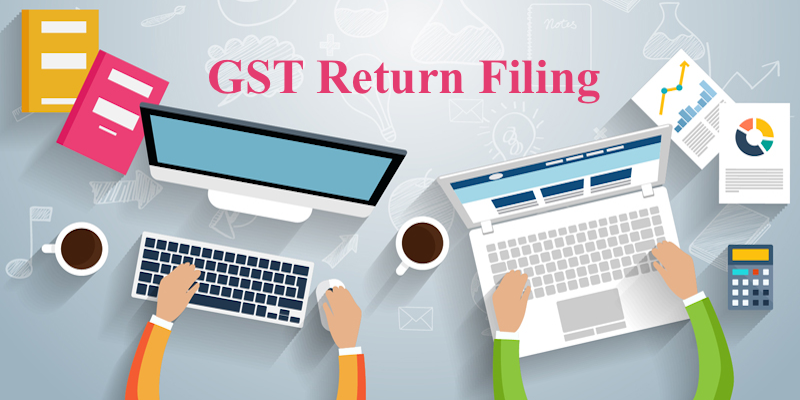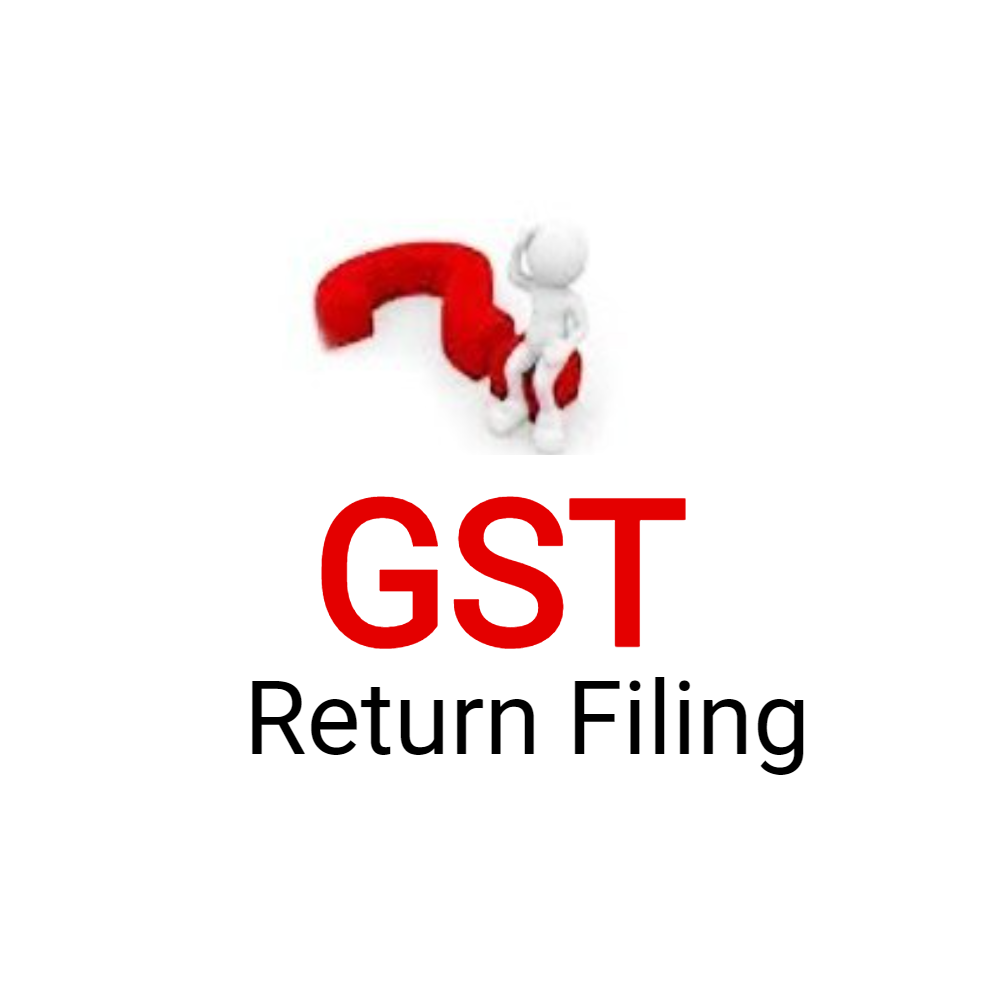GST Return @ 499/- Only - Call us - Or Visit
(No Advance Payment) Payment after Work Completion
What is GST Return ?
GST return Filing are periodic statements that businesses must file with the tax authorities to report their GST liabilities and entitlements. These returns detail the tax collected on sales, the tax paid on purchases, and any adjustments or claims for refunds. The primary purpose of filing GST Filing s is to reconcile the amount of tax collected and paid, ensuring that businesses are compliant with GST regulations.
Understanding GST Filing Online : A Comprehensive Guide for Businesses
Navigating the landscape of Goods and Services Tax (GST) can be daunting for many businesses. From compliance requirements to filing procedures, staying on top of Goods & Service Tax Return is crucial for avoiding penalties and ensuring smooth operations. This blog will walk you through the essentials of GST return , providing you with the knowledge you need to manage your GST obligations effectively.

Types of GST Filing
The types of GST return you need to file depend on your business’s GST registration and the nature of your transactions. Here are the primary types of Goods & Service Tax return you might encounter:
- GSTR 1: Details outward supplies (sales) of goods and services. This return must be filed monthly or quarterly, depending on your turnover in GSTR 1
- GSTR 2 : Captures inward supplies (purchases) and allows for claiming input tax credits. This return is currently suspended, but it’s important to stay updated on any changes.
- GSTR 3B : A monthly return that consolidates details from GSTR-1 and GSTR-2, summarizing the tax payable and credits available in GSTR 3B
- GSTR 4: For businesses under the composition scheme, reporting quarterly or annually.
- GSTR 9: An annual GST return that summarizes all GST transactions during the financial year, ensuring consistency with monthly or quarterly returns.
- GSTR 10: Filed when a business is de-registered, serving as a final return to settle any remaining GST liabilities.
Who Should do GST Return Filing ?
1. Registered Businesses
a. Regular Taxpayers
- Description: Businesses that are registered under GST and fall under the standard tax regime.
- Requirements: GST Filing Must file monthly or quarterly returns (e.g., GSTR 1, GSTR 3B) depending on their turnover and type of registration.
b. Composition Scheme Taxpayers
- Description: Small businesses opting for the composition scheme, which allows for a simplified tax regime with lower tax rates.
- Requirements: Must file GSTR-4 quarterly or annually, depending on their turnover.
2. Non-Resident Taxable Persons
- Description: Businesses or individuals who are not residents of the country but supply goods or services within it.
- Requirements: Must file GSTR-5, which covers details of outward and inward supplies and tax payable.
3. Casual Taxable Persons
- Description: Persons who occasionally undertake transactions involving supply of goods or services, and who do not have a fixed place of business.
- Requirements: Must file GSTR 1 and GSTR 3B periodically. These taxpayers are required to obtain a temporary GST registration and file returns for the duration of their business activity.
4. E-Commerce Operators
- Description: Entities that operate e-commerce platforms and facilitate the supply of goods or services through their platforms.
- Requirements: Must file GSTR-8, which reports the details of supplies made by e-commerce sellers and the tax collected at source (TCS).
5. Input Service Distributors
- Description: Businesses that receive tax invoices for services used in their operations and distribute the input tax credit to other branches or units.
- Requirements: Must file GSTR-6 to report and distribute input tax credits.
6. Government Departments and Public Sector Undertakings (PSUs)
- Description: Various government bodies and public sector units engaged in providing goods or services.
- Requirements: They must comply with the standard GST return filing requirements applicable to their specific category.
7. Companies and Corporations
- Description: Registered companies and corporations involved in business activities.
- Requirements: Must file Goods & Service Tax Filing based on their business activities and registration type. This includes filing GST 1, GST 3B, and potentially GSTR-9 or GSTR-9C annually.
8. Individuals with Special Categories
- Description: Certain specific categories of taxpayers, including but not limited to, those involved in real estate transactions, financial services, and others.
- Requirements: These individuals or entities must adhere to the Goods & Service Tax return requirements relevant to their business activities.
Exemptions and Special Cases
- Exporters:
- Description: Businesses involved in exporting goods or services.
- Requirements: Must file GST Return related to exports and claim refunds or adjustments for taxes paid.
- Entities with Special Status:
- Description: Certain entities such as SEZ units and developers might have specific filing requirements.
- Requirements: Must adhere to the specific rules applicable to their status.

Benefits of Accurate Goods & Service Tax Filing
- Avoid Penalties : Timely and accurate filing helps you avoid penalties and interest charges.
- Claim All Eligible Credits : Proper GST filing Online ensures that you can claim all eligible input tax credits, reducing your overall tax liability.
- Maintain Compliance : Accurate GST return Filing Online help in maintaining compliance with GST regulations, avoiding disputes with tax authorities.
- Enhance Business Operations : Streamlined Goods & Service Tax Return processes contribute to smoother business operations and better financial management.
Common Pitfalls to Avoid
- Missing Deadlines: Late filing can lead to penalties and interest charges. Set reminders for due dates and GST filing Online on time.
- Inaccurate Reporting: Ensure that all figures are accurate and match your records. Incorrect reporting can lead to disputes and compliance issues.
- Ignoring Reconciliation: Regularly reconcile your GST records to prevent discrepancies. This helps in maintaining accurate records and smooth filing.
- Not Claiming Input Tax Credits: Ensure that you claim all eligible input tax credits to reduce your tax liability. Review your purchase records carefully.
- Overlooking Changes in GST Laws: Stay informed about any changes in GST laws or rates that could impact your returns. Regular updates can help in maintaining compliance.
